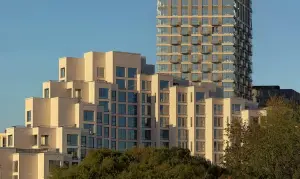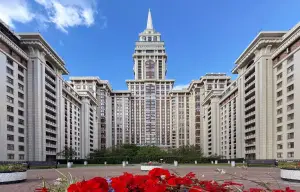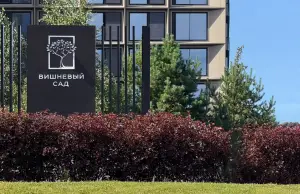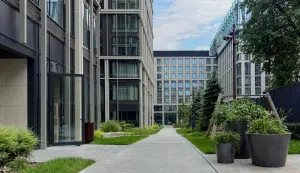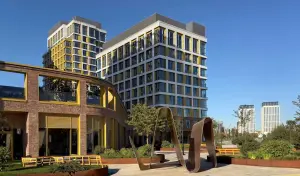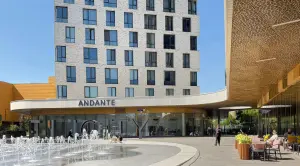
How apartments differ from apartments:
Let's break down the pros and cons of choice, legal aspects and the difference in real estate.
When buying real estate, it's important to know exactly what you want: an apartment or a condo. If you don't understand the difference, read on – in this article we'll cover all the nuances and the most important differences.
Why it is important to understand the differences between apartments and apartments when buying luxury real estate in Moscow
Buying real estate – not just choosing an apartment, but an important step that will affect your daily comfort. The terms «apartments» and «flats» are often confused, although the difference between them plays a key role. If you understand the nuances, you will avoid unpleasant surprises and find a property that will please you for many years. We will help you decide and tell you everything in detail, so read on.
Definition of apartments and condos
What is an apartment
An apartment – is a residential property that has the status of residential real estate and is intended for permanent residence. Apartments meet the requirements of housing legislation: they can be part of an apartment building, in them you can have permanent registration, as well as participate in the management bodies of the building.
What are apartments
Apartments originally appeared as residential residences for temporary residence in the United States and Europe. In the Moscow real estate market, apartments have become a trend in recent years. They can be located in apart-hotels or business centers, and also have the status of non-residential premises.
Residence and registration
In the apartment, you will be able to register permanently. This will come in handy if you want to be attached to a school, kindergarten or polyclinic. Registration is also needed so that you can take loans and mortgages, register at the employment center, register your pension or participate in elections.
You can't register permanently in an apartment because it's a non-residential building. But it is possible to register temporarily for up to 5 years.
Today, the legislation clearly distinguishes between apartments and apartments. Apartments are regulated by the Housing Code, and apartments fall under the norms for commercial real estate.

Taxation and utilities
Apartments are taxed at the rate set for residential property. It is usually lower than for non-residential premises. In Moscow, tax on an apartment is calculated on the basis of its cadastral value. Apartments are taxed at the rate for commercial real estate, which is most often higher.
Apartments always have fixed rates for Residential ComplexU. They are regulated by the government and occasionally subsidized for residential properties. Apartments do not fall under these regulations. Utility tariffs for them are set by the management company: they include additional costs for maintenance, security, cleaning and concierge services.





